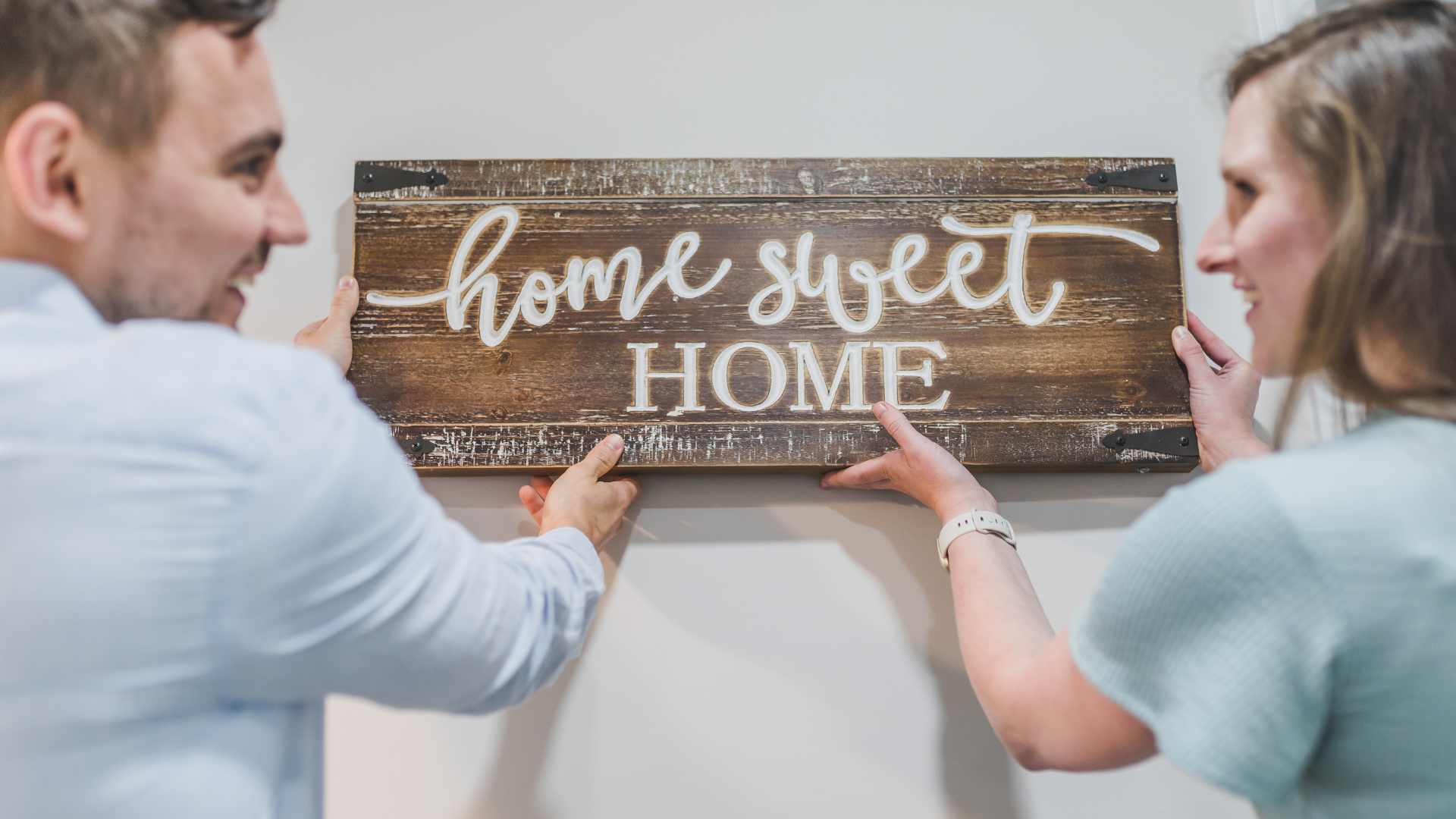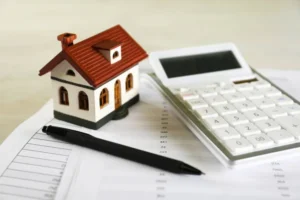Introduction
Buying your first home in the UAE can be both exciting and overwhelming. With the right guidance, you can navigate the process confidently and make smart decisions. Whether you’re looking in Dubai, Abu Dhabi, or Sharjah, these 13 key tips will help first-time home buyers purchase their dream property with ease.
1. Set a Realistic Budget
Understand your financial capacity before starting your property search. Consider your savings, monthly income, and existing debts. Factor in additional costs like registration fees, mortgage processing fees, and maintenance charges.
2. Check Your Credit Score
A good credit score improves your chances of securing a mortgage with better rates. Lenders in the UAE review your credit history before approving loans.
3. Get Pre-Approved for a Mortgage
Pre-approval helps you understand how much you can borrow and demonstrates seriousness to sellers. It also speeds up the buying process once you find a property.
4. Research Locations Thoroughly
Consider proximity to work, schools, healthcare, and amenities. Popular areas may come at a premium, so weigh convenience against cost.
5. Understand Property Types
Decide between apartments, villas, or townhouses based on your needs, lifestyle, and budget. Each type has unique benefits and maintenance considerations.
6. Hire a Reputable Real Estate Agent
Experienced agents guide you through legal requirements, documentation, and negotiations, saving time and potential pitfalls.
7. Know the Legal Requirements
Familiarize yourself with property laws in the UAE, including freehold vs leasehold ownership, registration procedures, and applicable taxes or fees.
8. Consider Resale Value
Even if you plan to stay long-term, think about your property’s future market value. Areas with strong infrastructure and development plans tend to appreciate faster.
9. Inspect the Property Carefully
Check for structural issues, maintenance concerns, and quality of finishes. Consider hiring a professional for detailed inspections.
10. Plan for Additional Costs
Beyond the property price, budget for real estate agent fees, property registration, utilities connection, and annual maintenance charges.
11. Negotiate Smartly
Don’t hesitate to negotiate the price or request additional inclusions, like furniture or appliance packages, especially in off-peak seasons.
12. Read the Contract Thoroughly
Ensure you understand all clauses before signing. Pay attention to payment schedules, penalties, and handover dates. Legal advice is recommended.
13. Be Patient and Stay Informed
The UAE property market can be competitive. Take your time, monitor market trends, and avoid rushing into a decision. Informed buyers make confident choices.
Conclusion
Buying your first home in the UAE is a major milestone. By setting a budget, securing mortgage pre-approval, researching locations, and understanding legal requirements, first-time buyers can make confident and informed decisions. Following these 13 key tips will help you enjoy a smoother, stress-free journey to homeownership.





